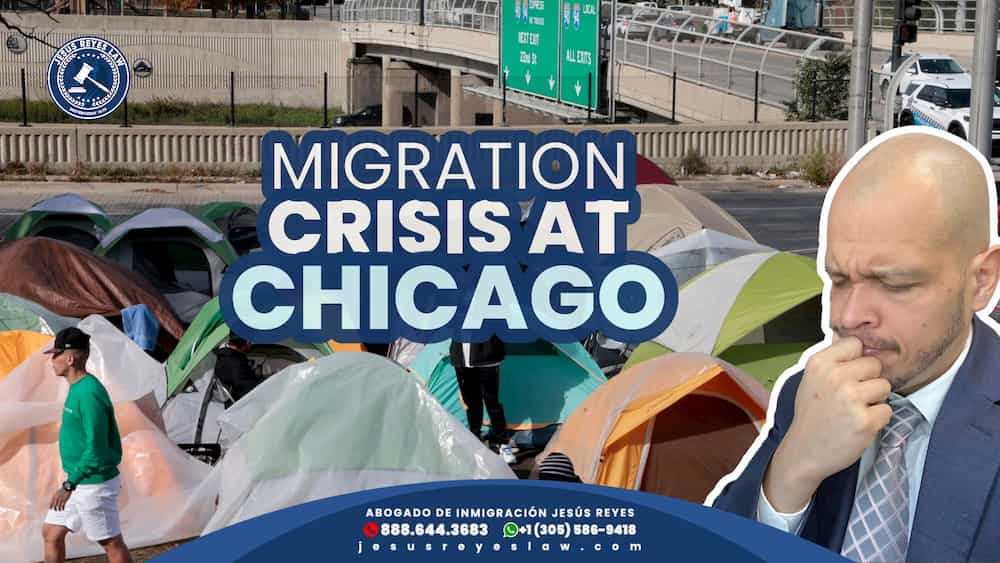In recent months, Chicago has become the epicenter of an unprecedented migration crisis. The massive influx of asylum seekers, coupled with harsh winter conditions, has created a critical humanitarian situation. This article explores the challenges and responses to this crisis, focusing on the experiences of migrants and the actions taken by local and state authorities.
A Steady Flow of Asylum Seekers
Since August 2022, Chicago has welcomed nearly 25,000 asylum seekers, with about 12,300 living in shelters and approximately 1,800 in precarious conditions in police stations and O’Hare Airport. This influx has overwhelmed the city’s accommodation capacity, leaving many in vulnerable conditions, especially during the winter months.
Illinois State’s Response
In response to this situation, the state of Illinois has allocated $160 million to assist these migrants. The aim is to facilitate their transfer to final destinations, hoping to reduce the strain on urban shelters. This measure is a critical step towards mitigating the crisis, though significant challenges remain.
Challenges for Local Administration
Mayor-elect Brandon Johnson and his administration are facing difficulties in providing not only housing but also emergency medical care to the migrants. These challenges underscore the need for long-term solutions and coordination between different government levels.
Resource Shortage in Chicago
The city is struggling with a lack of money, space, and time to manage this humanitarian crisis. With thousands still waiting at the border and more arriving, the situation is urgent. This resource shortage raises critical questions about the sustainability of current responses and the need for more effective strategies.
The migration crisis in Chicago is a stark example of the complexities faced by large cities when receiving a high number of asylum seekers. The combination of climatic, logistical, and financial challenges calls for innovative and compassionate responses. As Chicago strives to manage this situation, it is essential to consider the well-being of migrants and seek lasting solutions that respect their rights and dignity.










